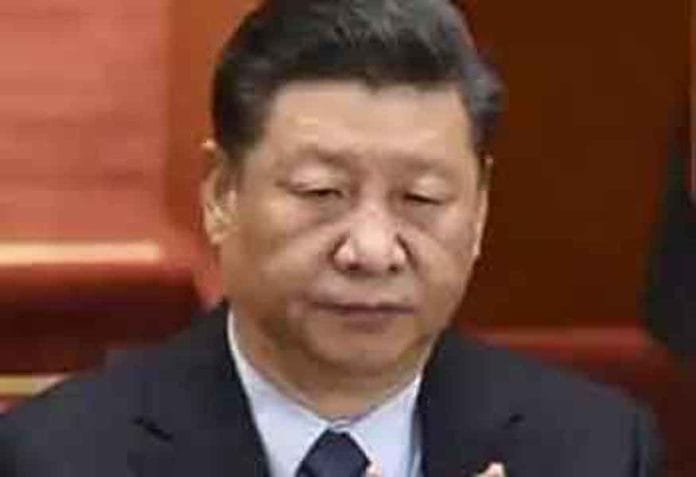INVC NEWS
Beijing – : In a significant gathering of regional leaders, Chinese President Xi Jinping met with Central Asian counterparts to discuss the strengthening of economic ties and collaboration on energy development. The two-day China-Central Asia Summit, held in the historic city of Xi’an, showcased China’s commitment to fostering a trade and security architecture that challenges the dominant position of the United States in global affairs. This article aims to provide a comprehensive overview of the key discussions and initiatives put forth during the summit, highlighting the potential impact on regional cooperation and the global economic landscape.
Expanding Trade and Connectivity
President Xi Jinping’s address to the leaders of Kazakhstan, Kyrgyzstan, Tajikistan, Turkmenistan, and Uzbekistan emphasized the need to deepen economic and trade ties within the region. Recognizing the existing progress made through initiatives like the Belt and Road Initiative (BRI), China reiterated its commitment to enhancing connectivity and expanding trade networks with Central Asian countries. This includes the development of vital infrastructure such as railways, highways, and logistical hubs, enabling efficient movement of goods and services across borders.
China’s ambitious BRI has already made significant economic inroads into Central Asia. By linking the region with China’s extensive transportation networks, the initiative aims to facilitate seamless trade and foster mutual prosperity. Central Asian countries, rich in natural resources and strategically located between Europe and Asia, stand to benefit from increased investments and enhanced access to global markets through this framework.
Joint Energy Development
In addition to trade, President Xi Jinping proposed joint efforts to harness the rich oil and gas resources present in Central Asian states. Acknowledging the potential of these reserves, China seeks to collaborate with regional partners in the exploration, production, and distribution of energy. Such cooperation not only enhances energy security but also presents opportunities for economic growth and technological exchange.
Central Asia, endowed with abundant hydrocarbon resources, has attracted global attention for its energy potential. Through mutually beneficial partnerships, China aims to support the sustainable development of these resources, promoting stability and prosperity in the region. By leveraging its expertise and advanced technologies, China can contribute to the efficient and responsible extraction and utilization of Central Asia’s energy wealth.
Context of Global Affairs
The timing of the China-Central Asia Summit is significant, coinciding with the meeting of G7 leaders, including U.S. President Joe Biden, in Japan. This parallel gathering highlights China’s growing influence and its pursuit of an alternative economic and geopolitical order. As the world’s second-largest economy, China’s proactive engagement with Central Asian countries reflects its broader objective of shaping a China-centric trade and security architecture.
By deepening ties with Central Asia, China aims to diversify its trade routes and reduce its dependence on traditional maritime pathways. This strategy enhances China’s strategic depth and resilience, ensuring the stability of its supply chains and reducing vulnerabilities. Central Asia, situated at the crossroads of multiple regions, offers a strategic gateway for China to expand its economic reach, bolster regional stability, and counterbalance the influence of rival powers.
The China-Central Asia Summit witnessed the reaffirmation of China’s commitment to strengthen economic cooperation and forge closer ties with Central Asian nations. Through increased connectivity, infrastructure development, and joint energy projects, China aims to enhance trade, promote regional stability, and foster mutual prosperity. The summit’s outcomes serve as a testament to China’s evolving role in global affairs, challenging the existing dominance and reshaping the dynamics of international relations.













